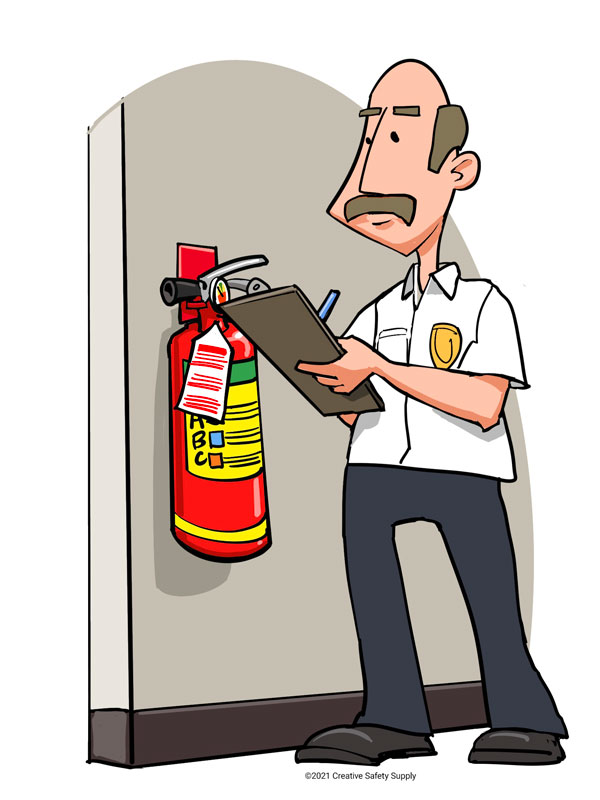Sydney businesses must ensure that they are adequately protected from fire. This isn’t only to be in compliance with the law, but also to protect their employees, customers, and even their property. Fires can cause massive losses within minutes. However, with the security measures that are in place, a lot of these risks can either be reduced or avoided. Regular inspections of fire hazards, regular examination of electrical systems as well as compliance with CFSP standards all contribute to ensure that the environment is safe.
The reason fire inspections are the basis of security
The primary line of defense is fire inspections. They ensure that all components of the building’s fire-protection systems are working and up to date. In Sydney, businesses must conduct inspections every six months or annually, according to the type of building and local council regulations. The inspection can cover everything from sprinklers to fire alarm systems to smoke detectors, fire hydrants and extinguishers.

The ability to spot hidden issues and fix them before they can cause harm is what makes inspections so crucial. In a crisis the smallest flaws in a smoke detector, or an unreliable fire hydrant could appear to be insignificant. Regular fire inspections are an effective method for business owners to not only fulfill the requirements of their compliance and protect themselves from the possibility of unplanned disasters.
Hidden electrical risks can be addressed by testing and labeling
Electrical systems are one of the main causes of workplace fires, this is the reason why testing and tagging must be included in a fire safety strategy. This involves checking electrical devices to ensure that they are secure, safe and compliant. Then a tag that is visible fixed to the equipment, indicating it has passed inspection. For a lot of businesses it’s more than a routine requirement it’s a defense against potential risks that are often unnoticed.
Incorrect appliances, old wiring or damaged cables could easily become fire hazards when left unchecked. Through conducting regular tests and marking, businesses decrease the chance of electrical faults which could lead to fire outbreaks. Also, it assures employees that their work environment is safe, building confidence and trust within the workplace. When combined with fire inspections, testing and tagging is a comprehensive security plan to reduce risk on multiple fronts.
The role of CFSP for compliance and Certification
In New South Wales only a Competent Fire Safety practitioner (CFSP) can be accredit or sign crucial fire safety documents, like the Annual Fire Safety Declarations. The introduction of CFSP certification has improved the standards for fire safety by ensuring that only qualified professionals can evaluate and verify safety. For business owners working with the CFSP inspections and reports will no longer be merely a regular item of paper, but rather an objective evaluation done by experts.
The role of a CFSP extends far beyond ticking boxes. These experts provide thorough reports and confirm compliance to rules and regulations. Without CFSP certification, companies risk fines, legal complications, and even closure if fire protection measures are deemed inadequate. Utilizing experts accredited by CFSP ensures the fire safety systems are maintained in a proper manner, and the requirements for compliance are met.
Fire Safety is a Constant Commitment
Fire safety is a constant requirement for every business owner. Regularly scheduled inspections and tests of electrical equipment, together with proper certification by CFSP, create a safety loop that will never end. Beyond ensuring legal compliance the approach also fosters an environment of safety in the workplace. Employees feel more confident when they know that evacuation procedures, smoke alarms emergency lighting, and fire suppression system are all in place.
Treating fire safety as a continuous process rather than checking it off every year not only decreases risk but also improves the company’s image. Customers and clients are more comfortable when they are in a place where safety is visibly prioritized. In the long run, investing in proactive fire prevention saves costs by preventing expensive damages, fines, and legal fights.
Conclusion
Sydney’s fire safety program is an intricate process that includes inspections of testing, tagging and inspections and the professional certification of an CFSP. Each of these components plays an important role in assisting businesses to comply with the law, but also to safeguard property and lives. When safety is an integral element of business instead of being a last-minute consideration, businesses are not only able to meet their legal obligations but also provide a safer and robust environment for the future.
